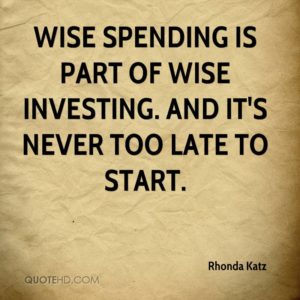Trade is an interesting concept with multiple layers of definition and application
In fundamental economics trade is defined as the action of buying and selling of goods and services.
In educational terms it is a skilled job, typically one requiring manual skills and special training
In terms of the market, trade gets a slightly more complex definition but it equates out to the pursuit of making a profit and building a sizable income stream whether that is earned from the Stock Market or the Foreign Exchange Market. Little
Finally, from a personal view trade could be defined as putting old things down in order to acquire newness.
What do we mean by this??
In reality the best way these can all be understood is to combine the definitions themselves as well as employing the use of the first two pillars of learning and investing as well. So, let’s paint this picture together.
In order to begin learning how to trade in the stock market or forex market one has to prioritize your time and instead of doing other things like watching tv, social gatherings, or just time spent doing nothing productive you may begin to trade (swap) the habit of laziness out for productivity.
As time progresses and you invest that time into developing your skills, training and aptitude in the art of trading. Naturally creating habits of productivity in other areas of your life because you chose to trade old things in order to acquire something new.
One of the biggest trading points that a large majority of us can relate to is the time for money trade made at jobs 40+ hours per week. We are fairly confident that 3 out of 5 people at least would love to make that particular trade end so that they could spend more time with family, traveling, more trading or doing whatever other activity it is that they love. Ultimately, now that you have decided to make that habit trade look at yourself now and realize that you learned the skill of trade that derives from the educational perspective giving you the ability to trade as it relates to the market definition and you have accomplished this from trading your old mindset for a new mindset resulting in earning yourself a new income stream compounding dollars all from making a decision. The benefit of all of these new-found aspects of trade is having armed yourself with the fresh financial flexibility.
Conclusively I would like to leave you with this quote:
“A man is worked upon by what he works on. He may carve out his circumstances, but his circumstances will carve him out as well.” -Frederick Douglass, The Portable Fredrick Douglass
You will define things in your life as you go as well those same things defining you so be mindful of what you do with and for yourself daily, you do not have to reinvent the wheel but you can customize your tread on it.
We will never make you do anything, we cannot but we will continuously offer our sincere and researched methods of improving your life as we strive to improve our own. We must lift as we climb. So, if you are universally somewhere in life that you do not want to be first a decision must be made to change. Then consciously grasp that mentally, emotionally, financially it is within your capability and obligation to begin those changes learn what it takes, invest the time/money into crafting those changes and watch your new trade gain new profits in intellect and dollars. Learn. Invest. Trade

